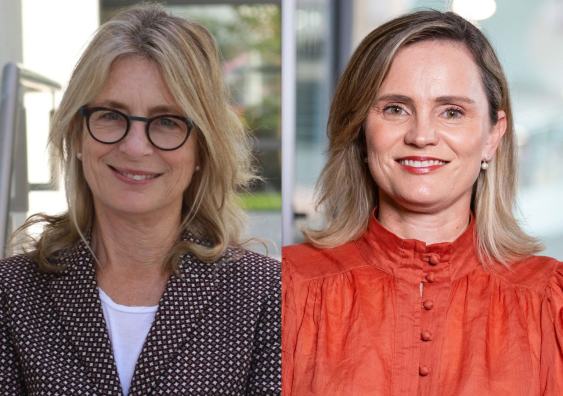NHMRC Synergy Grant funding to investigate the impact of a new antiparasitic drug.
from the Kirby Institute at UNSW Sydney has been awarded a Synergy Grant of $5 million from the .
The grant will fund research to establish the public health role of moxidectin – an anti-parasitic drug – for the control and elimination of onchocerciasis (also known as river blindness), as well as lymphatic filariasis, intestinal parasites and scabies.
The diseases are all classified by the World Health Organisation as neglected tropical diseases (NTDs) and are major causes of ill health in many low- and middle-income countries.
UNSW Dean of Medicine & Health Professor Cheryl Jones congratulated Prof. Vaz Nery on receiving the funding.��
“This NHMRC synergy grant will enable Prof. Vaz Nery and her team to work together to address a major public health problem - the control of globally important infectious diseases,” Prof. Jones said.
“Their success in obtaining the grant reflects the project's innovative and collaborative nature.”
Moxidectin was originally developed in the 1980s for veterinary use against intestinal parasitic worms in farm and domestic animals. It has recently been approved for the first time in humans to treat onchocerciasis, a parasitic worm transmitted by flies that is endemic in rural areas of Africa and Latin America.
“Based on clinical evidence, moxidectin is an effective therapeutic agent against important parasitic diseases,” Prof. Vaz Nery said.
“However, it is another matter altogether to determine its effectiveness when deployed in mass drug administration programs, its acceptability by affected communities and the economic implications of introducing a new medication for NTD control.
“This new award will enable us to activate a multidisciplinary team with the necessary skills and experience to answer these questions and make a difference to the lives of communities affected by these devastating diseases.”
Other chief investigators are Professor John Kaldor, Professor Virginia Wiseman and Dr Lucia Romani from the Kirby Institute, Dr Alison Krentel from the University of Ottawa and Dr Luc Coffeng from Erasmus University Medical Center in Rotterdam. Associate investigators include researchers from affected countries in Africa and the Pacific.
The team will conduct epidemiological studies, disease transmission modelling, and research into health economics and health systems.
Prof. Vaz Nery’s project team is one of ten to collectively be awarded to support new discoveries in areas including public health, clinical medicine and health services research.
The Hon Mark Butler MP, Minister for Health and Aged Care said: “The best research discoveries are rarely the work of one person, working alone. These $5 million grants bring together researchers across fields of expertise to answer some of health’s most difficult questions.
��
“Australia’s health and medical researchers are world-leading and these projects are proof of that.”
NHMRC support collaborative, multidisciplinary teams of researchers within human health and medical research to work together to answer major questions that cannot be answered by a single investigator.����
Media enquiries
For enquiries about this story and interview requests please contact Amy Potter:
Tel:��+61 2 9348 2449
Email:��apotter@kirby.unsw.edu.au








